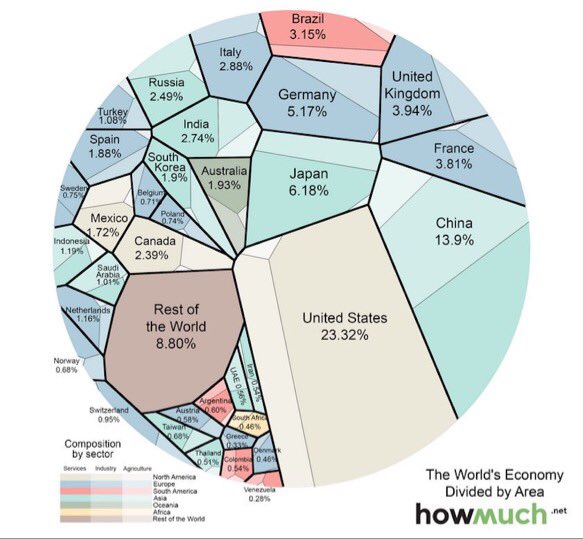 Those observing the emperor’s lack of clothing are multiplying. Earlier today, someone opened their mouth, and remarked on the blatantly obvious. Next thing you know Hungarian CDS was 30% wider, Romanian bond auctions were failing, the euro was tumbling, the PPT was scrambling, US markets closed green with nobody trading, etc. Yet the “letting the genie out of the bottle” award of the day has to go to the head of IMF’s policy-steering committee, Youssef Boutros-Ghali who said that the IMF is essentially insolvent in its current form of being the go to backstop for a European bailout. “If we are going to start including funds made available to Europe, then the IMF is not properly resourced,” Youssef Boutros-Ghali told Reuters, adding that IMF members were talking of doubling the amount of SDRs. The means the IMF is $318 billion short of solvency. And what is the IMF long? Why gold…3,005 tonnes worth.
Those observing the emperor’s lack of clothing are multiplying. Earlier today, someone opened their mouth, and remarked on the blatantly obvious. Next thing you know Hungarian CDS was 30% wider, Romanian bond auctions were failing, the euro was tumbling, the PPT was scrambling, US markets closed green with nobody trading, etc. Yet the “letting the genie out of the bottle” award of the day has to go to the head of IMF’s policy-steering committee, Youssef Boutros-Ghali who said that the IMF is essentially insolvent in its current form of being the go to backstop for a European bailout. “If we are going to start including funds made available to Europe, then the IMF is not properly resourced,” Youssef Boutros-Ghali told Reuters, adding that IMF members were talking of doubling the amount of SDRs. The means the IMF is $318 billion short of solvency. And what is the IMF long? Why gold…3,005 tonnes worth.
The IMF has to have more resources after the support for Greece and needs to “very significantly” increase the amount of special drawing rights, the head of the Fund’s policy-steering committee said on Friday. |
What does this mean in English? The IMF currently has 204 billion in allocated SDR to member countries (or $318 billion). Boutros-Ghali has basically said that in order to preserve its front-man status as a world bailout force (just because the Fed knows that the political whiplash of it being the bailout provider of last resort would mean the end of it, thus needing a strawman such as the IMF), the IMF will need to raise another $318 billion. Where will the IMF get that money? Here’s an idea: the IMF holds 3,005 tons of Gold. At today’s fixing, this equates to just over $116 billion (and much more should the price of gold mysteriously skyrocket). Of course, any fiction that the SDR is backed by gold will then disappear, but it’s not as if anyone even remotely pretends that any fiat currency (and the SDR is no exception) has any value left whatsoever. And since the US will end up having to fund the bulk of the SDR allocation, at least US taxpayers would be on the hook for a far more manageable $200 billion that the IMF needs in order to fully bail out Greece and everyone else in Europe.


 There were fears that Britain could follow Greece into a financial crisis after a global finance chief warned of economic “contagion” spreading across Europe.
There were fears that Britain could follow Greece into a financial crisis after a global finance chief warned of economic “contagion” spreading across Europe.
 An aggressive and arrogant China is entering 2010 with a bit of uncertainty. Although there was no let-up in its exports in 2009, its internal financial position looks uncertain. China watchers are expecting a bubble that will eventually burst.
An aggressive and arrogant China is entering 2010 with a bit of uncertainty. Although there was no let-up in its exports in 2009, its internal financial position looks uncertain. China watchers are expecting a bubble that will eventually burst.